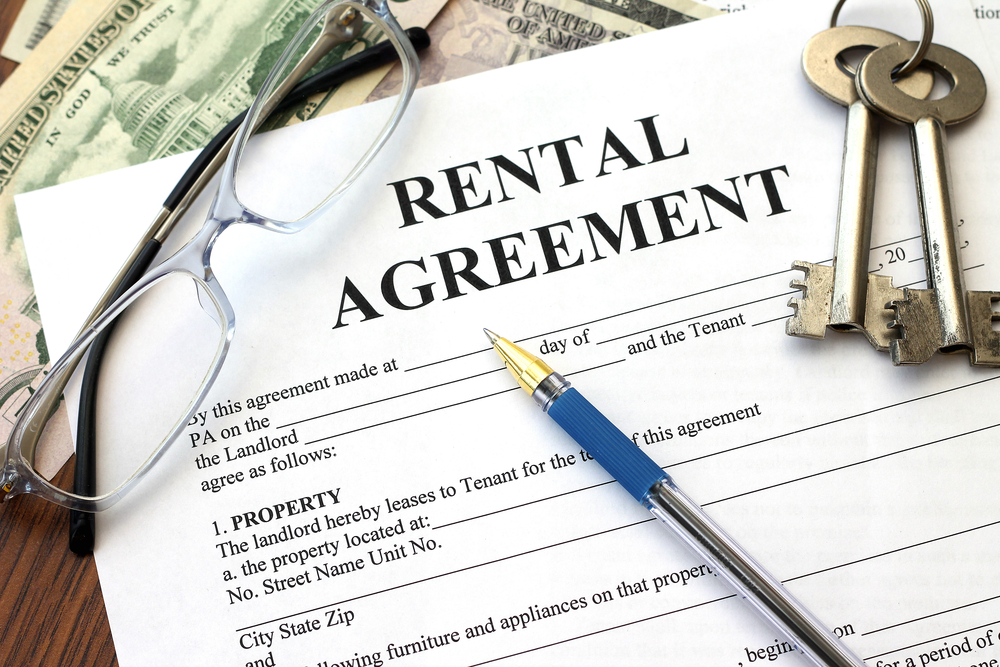What’s the most important factor that investors need to consider when screening tenants?
The real estate market is ripe for rental property investing. Asset prices are still attractive, demand for rentals red hot, rents are heading up, and the forecast for ongoing appreciation is strong. However, one of the big sticking points for real estate investors is screening potential tenants. There are so many rules and calculations being thrown around, it can be incredibly confusing for those new to the game. So what should rental property investors be focusing on?
Credit Scores
Credit scores can be one of the most common metrics real estate investors look at when evaluating prospective tenants. Most have a handle on what great, middle of the road, and poor credit scores are. However, this can change over time. After the recent crises hit, there is no question the nation’s average scores plummeted. New credit scoring models definitely reflect the need for using a different scoring system. However, credit scores can be very hard to decipher. Different modeling systems can kick out very different scores for the same individuals. Quirks in these models can be deceiving too. For example; high debt-to-credit ratios can crush scores regardless of ability to repay, or a recent bankruptcy can give an individual a sky high score that most might not think is justified. Today, a great credit score is primarily an indicator of someone that knows how to work the modeling system.
Background Checks
Criminal background checks can be a mute in the many areas where landlords are no longer legally allowed to use them in qualifying renters, or at least not in advance of moving them in. Background checks are also one of the most controversial factors that make the center of the most heated debates between real estate investors. Some are adamant about not leasing to those with any criminal history.
Income
Other real estate investors rely on income to qualify renters. Various algorithms are kicked around such as two or three, or four times rent in monthly income. Obviously, the norm depends on location. In some markets it might be normal for housing to take up 50% of income. In other areas, it may be far less than that.
Past Rental Performance, Evictions and Foreclosures
Perhaps one of the best indicators of future renter performance, is their past performance. Do they have previous evictions or foreclosures? How well did they do at paying rent at their previous place? Of course, some real estate investors are adamant that many of their best tenants have come from foreclosure. Others find that their local markets leave them with no choice to rent to those with multiple previous evictions.
The Issues and Variables with the Methodology
There are challenges to using any of the above measures alone. There can be other variables which completely throw them off. What about type of, and length of employment? What if a prospect has $6 million from a divorce settlement, but no credit or regular income? What does a track record of being involved in regular lawsuits say? Will the tenant be a great fit with other renters and neighbors?
The best due diligence can also all mean nothing is faked. What if the documentation is a great cut and paste job, or references aren’t legit? What if all the information provided doesn’t end up being for the person who actually move in? Things happen to people and life throws curve balls out of the blue too. Those that might not look the best on paper might really be the most loyal tenants and those that take the best care of your property. On the other hand, those that check all the boxes on paper might be hit with their jobs becoming redundant thanks to technology.
Beating Analysis Paralysis
This can all sound a little scary to brand new real estate investors. And it is true that sometimes issues come up with poor tenant performance. On the other hand many tenants that may not look perfect on paper might surprise their landlords. Of course a lot of the apparent risk can also be offset by insurances, and requesting advance rent and deposits.
Not renting the unit means certain loss for every month it is empty. So while some nightmare tenants can certainly be outrageously expensive, ultimately the biggest risk for many real estate investors might not be taking less than perfect tenants, but in staying paralyzed and failing to rent the unit at all.
For those that are really cautious alternative solutions might include handing the process of marketing and screening of renters off to a property manager, going with turnkey rentals, or at least acquiring existing rentals with a performance record. It can also help to have a good attorney on call, and to hold several rental properties to ensure consistency of income in case one becomes an issue.






